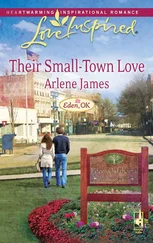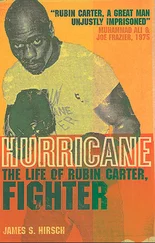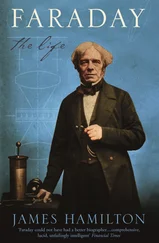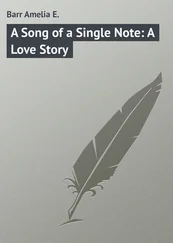It doesn’t have a damn thing to do with her upbringing, she decides.
Robert holds Viola down on their bed. He slaps her. He doesn’t feel anything. He slaps her again. She is breathing hard. He can feel how she pushes against him, he can tell — the word that occurs to him is “observe,” he is observing — how much she is enjoying it. He thinks, I could continue to do this. He thinks, There’s nothing actually difficult about this, about not caring. There’s no particular reason I need to care. I could live my entire life in this space, empty, performing the actions that I need to perform at any given moment. Viola makes sounds like she is about to come and then she comes.
Viola sits on their back porch drinking a nonalcoholic drink she concocted from peach syrup and soymilk. She’s wondering if such a drink already exists. If not, she’ll have to give it a name.
Robert looks down on her from their bedroom window. What he wants, more than anything else in this moment, is for Viola to look up at him and smile. What is wrong with me, he thinks, that I can have, from moment to moment, such disparate wants?
Viola works in their garden in the back yard, pulling up weeds from between what she hopes will one day be fresh herbs. She has a book on fresh herbs that she’s been following, hoping that this year her garden will come to something. How can she even be thinking about herbs, given everything that’s been happening in her life over the past several months? And yet she still manages to pay some attention to her herb garden, from time to time. She sits back on her haunches and passes a moment, amazed at the fact that she can think about herbs.
Robert considers his future. Does he want to search for an associate position in some other law firm? Does he want to set up a sole proprietorship? Does he even want to stay in law? He thinks about other things he could do. He could manage a coffee shop. He could become a whitewater rafting instructor. He could teach classes on how to effectively prepare for the LSAT or the Bar exam. What is holding me in Indianapolis anyway, he thinks.
Robert goes to a bar on the west side by himself. He is sure that someone has followed him.
Viola lies in bed, eyes towards the darkened ceiling, asking herself, Is this the time he won’t come back? Is this?
Driving home, Robert thinks, Can I even say the word love without swallowing my own tongue? I love, Robert thinks. That is a true statement. But what the hell does it mean? Can love exist without an object? Can love be a state of being, unfocused?
Viola thinks. Robert thinks. Viola thinks.
After a time, Robert crawls back into bed beside his wife.
He doesn’t want to think that this is all love comes down to, that every night that he’s able, he crawls back into bed beside his wife.
Viola thinks, Okay. Robert thinks, Is that all? Is it as cheap as that? I come back, she comes back, I come back? Viola thinks, Okay. That’s something.
And then thereis a moment. Perhaps a week. Robert and Viola are happy. They go out to eat with friends. Viola works in the garden. Robert makes extravagant plans for their future. When they are together, they kiss. They have sex in the kitchen. Viola braces herself against the kitchen island and thinks that things are not so bad and, objectively, cannot get so bad. It is as if they are singing. Perhaps they are singing. Later, Robert makes lemonade from lemon juice and water and sugar substitute. They sit out on the porch and drink it and talk about how warm it’s gotten.
Selections from this novel, some in altered form, have previously appeared in The Collagist, Atticus Review , and Red Lightbulbs .
James Tadd Adcox’s work has appeared in TriQuarterly, The Literary Review, PANK, Barrelhouse, Mid-American Review , and Another Chicago Magazine , among other places. His first book, The Map of the System of Human Knowledge , a collection of linked stories, appeared in 2012 from Tiny Hardcore Press. He lives in Chicago.
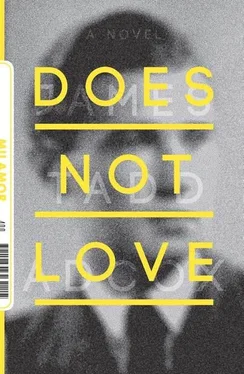

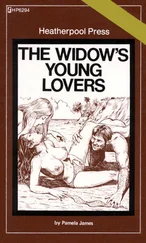
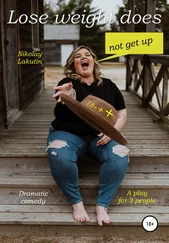
![Jakob Wassermann - Issue Does Not Exist],errors:{](/books/585068/jakob-wassermann-issue-does-not-exist-errors-thumb.webp)

